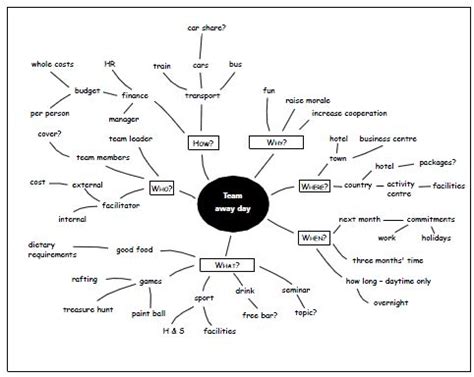In today’s rapidly evolving legal landscape, staying updated and well-informed is crucial for both novices and seasoned professionals. Legal education plays a pivotal role in navigating complex issues and understanding one’s rights and responsibilities. With the advent of digital resources, online teacher tools have revolutionized how legal education is delivered and accessed. From interactive platforms and comprehensive legal databases to virtual classrooms and case study resources, these tools offer unparalleled opportunities for enhancing learning. This article explores the top online teacher tools designed to elevate legal education, providing insights into their features and benefits, and how they can help you deepen your understanding of legal concepts and practices.
bzcat.xyz offers a detailed exploration of this topic.
1. Introduction to the Importance of Legal Education
Legal education is a cornerstone for anyone looking to navigate the complexities of the legal system, whether as a student, professional, or informed citizen. Understanding legal principles, rights, and responsibilities is essential not only for those directly involved in legal professions but also for individuals seeking to protect their personal and professional interests. The significance of legal education extends beyond just passing exams or acquiring qualifications; it involves fostering a deeper comprehension of the law’s role in society and its impact on everyday life.
In an era where legal issues are increasingly prevalent and complex, having access to reliable and comprehensive educational resources is more important than ever. Effective legal education equips individuals with the knowledge to make informed decisions, engage in legal discourse, and uphold justice. It also empowers professionals to offer sound advice and navigate intricate legal scenarios with confidence. With the rise of digital tools and online platforms, learning opportunities have expanded, making legal education more accessible and adaptable to various needs and learning styles. Embracing these modern resources ensures that legal education remains relevant and effective, enhancing one’s ability to understand and apply legal concepts in a dynamic and evolving field.
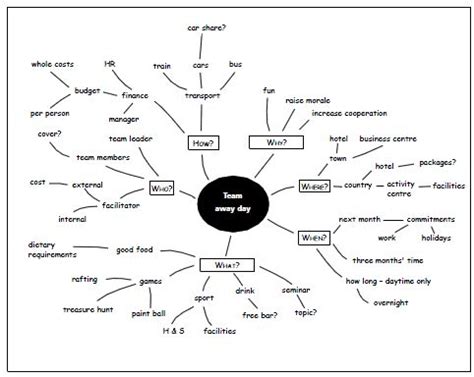
2. Overview of Online Teacher Tools for Legal Education
Online teacher tools for legal education have transformed how legal concepts are taught and learned. These tools encompass a range of digital resources designed to enhance both teaching and learning experiences. Interactive platforms, such as virtual classrooms and educational apps, provide engaging ways for students to interact with legal content and collaborate with peers. Comprehensive legal databases offer access to vast repositories of case law, statutes, and legal journals, enabling in-depth research and analysis.
Webinars and online tutorials delivered by legal experts allow for real-time learning and discussion on current legal issues. Additionally, specialized tools for legal case study analysis help students and professionals dissect complex legal scenarios and apply theoretical knowledge in practical contexts. These online resources not only make legal education more accessible but also offer flexibility in learning, allowing users to study at their own pace and from any location. Overall, these tools are essential for modernizing legal education and enhancing its effectiveness.
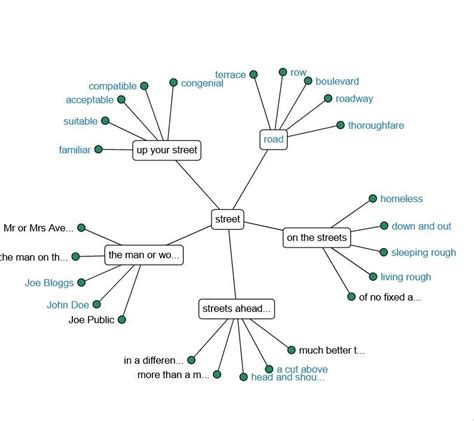
3. Interactive Platforms for Engaging Legal Learning
Interactive platforms have revolutionized legal education by making learning more engaging and participatory. These platforms offer a dynamic environment where students can interact with legal content through simulations, quizzes, and discussion forums. Virtual classrooms enable real-time interaction between instructors and students, facilitating immediate feedback and collaborative learning. Features such as live polls, breakout rooms, and interactive case studies help in creating an immersive learning experience that closely mirrors real-world legal scenarios.
Educational apps and online tools also provide gamified learning experiences, where users can test their knowledge and skills through interactive exercises. These platforms often include multimedia resources, such as videos and infographics, to illustrate complex legal concepts in a more accessible way. By leveraging these interactive elements, learners can better grasp and retain legal principles, while instructors can tailor their teaching methods to suit diverse learning styles. Overall, interactive platforms enhance engagement, comprehension, and application of legal knowledge, making them invaluable in modern legal education.
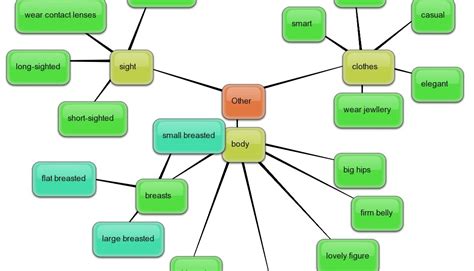
4. Comprehensive Legal Databases and Research Tools
Comprehensive legal databases and research tools are essential for effective legal education, providing access to extensive collections of legal resources. These databases include case law, statutes, regulations, legal journals, and scholarly articles, offering a rich repository of information for in-depth research and analysis. With features like advanced search functionalities and filtering options, users can efficiently locate relevant materials and stay updated on recent legal developments.
Research tools within these databases often include citation generators, analytical reports, and legal research guides, which assist in organizing and interpreting legal information. Many platforms also offer integrated access to primary sources and secondary commentary, facilitating a well-rounded understanding of legal issues. By utilizing these comprehensive resources, students and legal professionals can enhance their research capabilities, support their arguments with credible evidence, and gain insights into complex legal topics. These databases and tools are indispensable for mastering legal concepts and conducting thorough legal analysis.
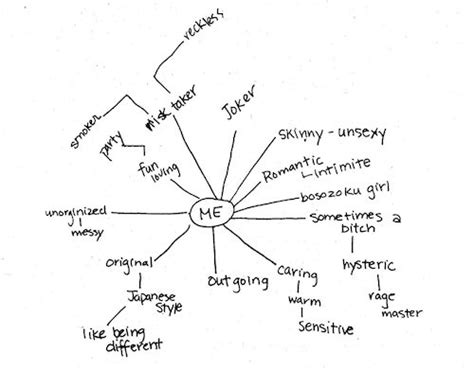
5. Virtual Classrooms and Webinars for Legal Instruction
Virtual classrooms and webinars have become pivotal in delivering legal instruction, offering flexible and interactive learning environments. Virtual classrooms simulate traditional classroom settings online, allowing students and instructors to engage in real-time discussions, lectures, and collaborative activities. These platforms often feature tools like video conferencing, screen sharing, and digital whiteboards, which facilitate interactive learning and foster a sense of community among participants. Students can ask questions, participate in group discussions, and access course materials seamlessly from any location.
Webinars, on the other hand, provide focused, time-limited learning sessions led by legal experts on specific topics. They offer an opportunity for learners to gain insights into current legal issues, emerging trends, and specialized areas of law. Many webinars include interactive elements such as Q&A sessions, polls, and case study reviews, which enhance engagement and practical understanding.
Both virtual classrooms and webinars are instrumental in bridging geographical gaps, making legal education more accessible to a wider audience. They also allow for flexible scheduling, enabling learners to balance their studies with other commitments. By incorporating these technologies, legal education can be tailored to meet diverse needs and provide up-to-date, expert instruction in a convenient format.

6. Legal Case Study Resources and Analysis Tools
Legal case study resources and analysis tools are invaluable for deepening understanding and application of legal principles. These resources provide detailed examinations of real-world legal cases, highlighting key issues, judicial reasoning, and outcomes. By analyzing case studies, learners can explore complex legal scenarios and see how theoretical concepts are applied in practice.
Analysis tools within these resources often include case briefs, summary tools, and interactive elements that help users break down and understand case details. Features like annotated case law and guided analysis assist in developing critical thinking and legal reasoning skills. Additionally, many platforms offer access to a repository of landmark cases and legal commentaries, enabling comprehensive study and comparison.
These tools not only enhance learning by providing practical insights into legal processes but also support the development of analytical skills necessary for effective legal practice. By engaging with case studies and using analysis tools, students and professionals can better prepare for real-world legal challenges and improve their understanding of complex legal issues.

7. Benefits of Using Online Teacher Tools in Legal Education
The benefits of using online teacher tools in legal education are substantial and multifaceted. Firstly, these tools provide unprecedented accessibility, allowing learners to engage with legal content from anywhere, at any time. This flexibility is particularly advantageous for those balancing professional responsibilities or personal commitments alongside their studies.
Interactive platforms enhance engagement by creating immersive learning experiences. Features such as live discussions, multimedia resources, and gamified exercises cater to various learning styles and keep students motivated. This engagement leads to better retention of legal concepts and practical skills.
Comprehensive legal databases and research tools offer extensive resources for in-depth study and analysis, enabling users to access up-to-date case law, statutes, and scholarly articles. This wealth of information supports thorough research and informed decision-making.
Virtual classrooms and webinars provide opportunities for real-time instruction and expert insights, facilitating immediate feedback and interactive learning. These formats also foster a sense of community among learners, enhancing collaborative learning and networking opportunities.
Legal case study resources and analysis tools help bridge the gap between theory and practice, allowing learners to apply legal concepts to real-world scenarios. Overall, online teacher tools significantly enrich the educational experience, making legal learning more accessible, engaging, and effective.
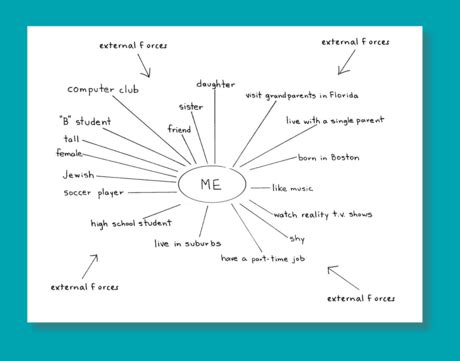
Incorporating online teacher tools into legal education offers numerous advantages, from enhanced accessibility and engagement to comprehensive resources and real-time instruction. These digital platforms provide a dynamic and flexible learning environment that caters to diverse needs and learning styles. By leveraging interactive tools, comprehensive databases, and virtual instruction, learners can deepen their understanding of legal concepts and apply them effectively in real-world contexts. Embracing these technologies not only modernizes legal education but also empowers individuals to stay informed and excel in the
bzcat.xyz
